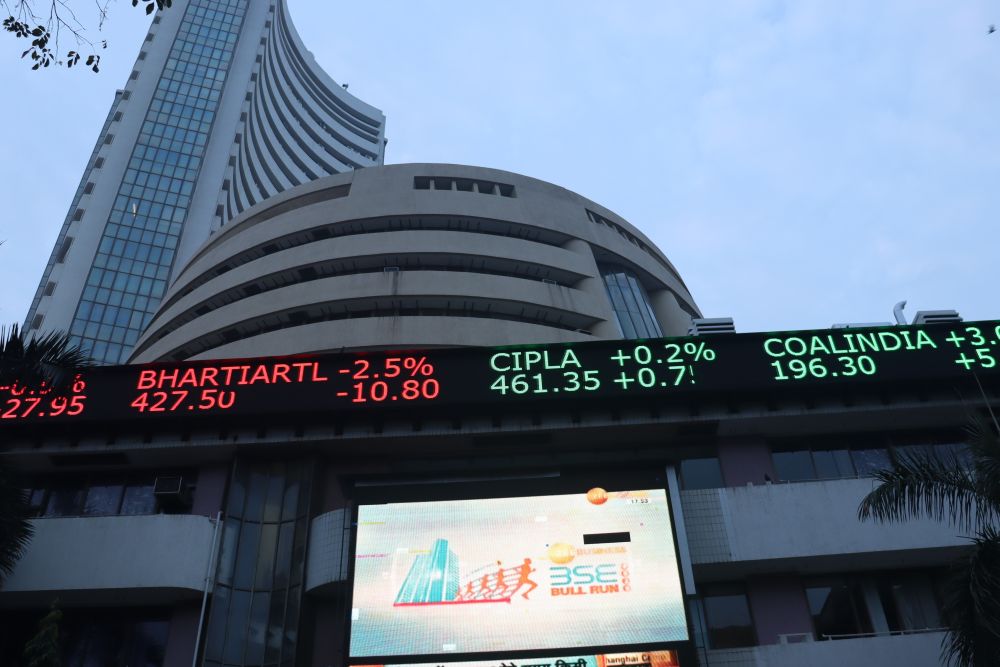 |
|
It could be messy: crude oil has halved in price, taking down emerging market currencies such as the rouble; China is slowing; some areas of the high yield bond market are unravelling (like Chinese property); and the Eurozone is fighting deflation, again.
Indeed, with global debt at astronomic levels, the last thing policymakers want is a fall in nominal growth levels. This seems to be the new source of volatility, one which reveals the limits of policy effectiveness.
As such, it represents a shift from last year's focus on policy 'exit' risks - which always implied the job would be done, leaving only the question of timing. Asset markets could be tested if the easy money that has fed them does not lead to sustainable growth.
Here then are some thoughts for 2015:
China A-shares
This will be a tough year for China, and that's a good thing. Over-investment has led to diminishing returns, crowding out lending and leading to higher non-performing loans. Monetary easing has juiced the stock market. Yet further gains would seem unsustainable without further stimulus, which risks magnifying stress among banks and property market. Long term, there is much to like: reforming SOEs, a greater role for private capital and growth in services as the economy rebalances towards domestic demand.
US economy
A self-sustaining recovery has been the hope at the start of at least the past four years. Each time the motor has failed. Bonds have rallied again, with10-year treasury yields below 2%. So what to make of the dollar's strength?
In our view, it is a signal of relative well-being: recovery will happen, helped by cheap oil (which is like a tax cut for consumers) and a labour market pick-up. But downward pressure on prices will persist. That will mean companies raise capital expenditure only with caution. In the stock market, investors will become less tolerant of financial engineering - ie, borrowing to reduce equity or raised dividends - and look more at sustainable cash returns, favouring dividend-paying value stocks. The prospects for smaller companies are getting our US equity team excited, especially since valuations still look good.
Japan and Abenomics
Our multi-asset team believes Japanese shares can go higher after the Topix rose 8% last year (in yen terms). Of course, this is on the assumption the Bank of Japan will 'do whatever it takes' to raise prices by buying bonds and creating inflation - allowing the yen to weaken further. While we detect a slight increase in the amount of money that companies are borrowing, firms are still reluctant to put cash to use. Demand remains sluggish amid flat wage growth and weak consumer sentiment. The better companies are, by definition, more profit-focused, whether operating domestically or abroad. They will work around Abenomics. Meanwhile, the man himself, freshly re-elected is back to the old ways of public spending hikes. Still, labour and market liberalization will be the sticking point eventually.
Asean
A stronger dollar tends to lure speculative capital away from emerging markets, but we're confident Asean is in good shape. Policymakers acted fast to stabilize economies following the infamous 'taper tantrum' of 2013. They have been proactive since then. Fifty dollar-oil is good news given import dependency. Governments have seized the opportunity to scrap fuel subsidies in the first steps towards healthier national finances, with savings going to much-needed infrastructure. Equities or bonds, India is a standout. The big loser may be Malaysia, Asia's largest oil exporter. On the whole, exports will benefit from currency weakness at home and any improvements in US consumer sentiment, which could help offset the slowdown in China.
Hugh Young is a main board director of Aberdeen Asset Management, its global head of equities and managing director of the group's Asian business









